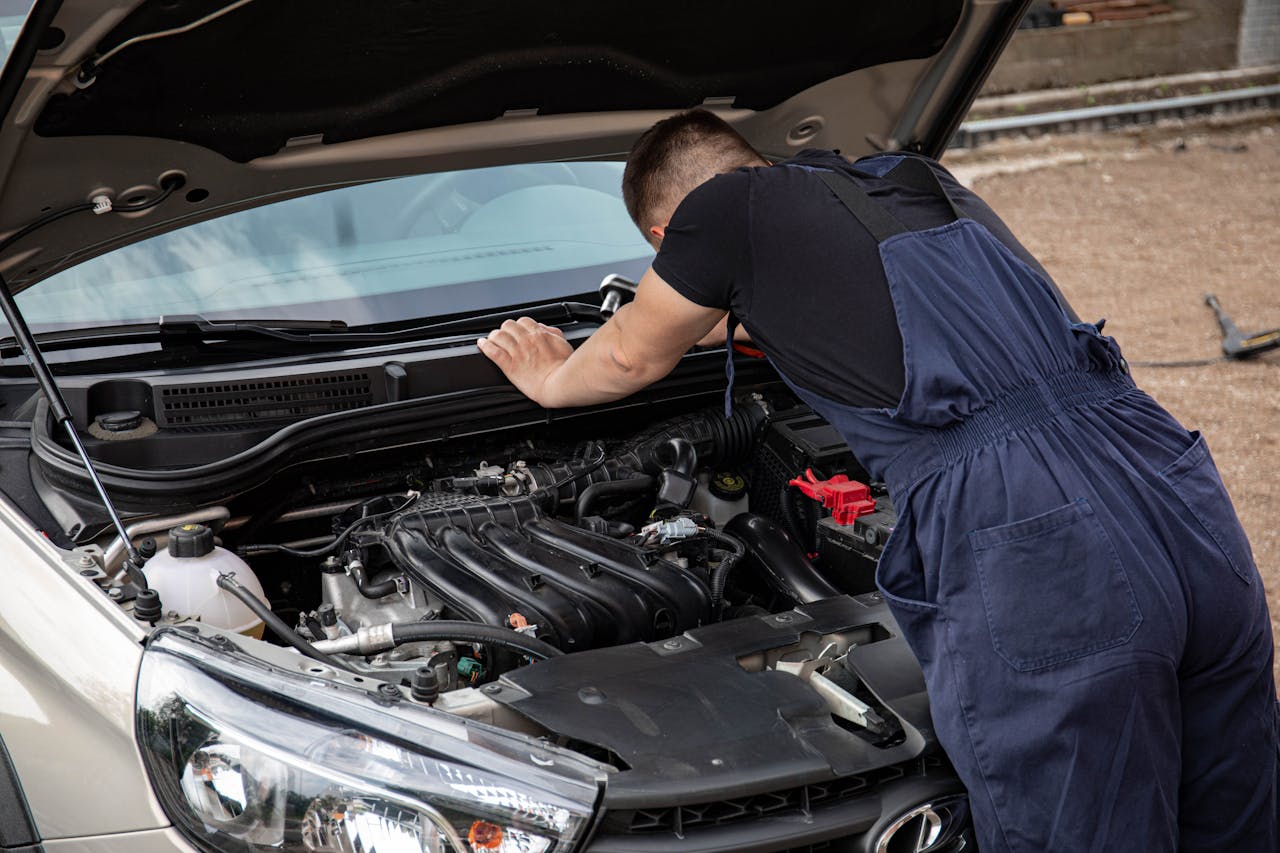Purchasing a used car can be a great way to save money, especially if you’re on a tight budget. However, it can also be a daunting task due to the potential risks of ending up with a car that has hidden problems or one that costs more in repairs than its actual worth.
To avoid such pitfalls, it’s essential to ask the right questions before making the purchase. This list of ten questions will serve as a guide to help you ensure that you’re making a smart and informed decision.
Why Are You Selling The Car?

This is a crucial question that can reveal a lot about the car’s condition. If the seller is moving abroad, upgrading to a new vehicle, or has a legitimate reason that doesn’t relate to the car’s performance, then it’s a good sign. However, if the seller is vague or hesitant, it might be a red flag indicating potential issues with the car.
For instance, if the seller mentions frequent repair needs or significant maintenance costs, you might want to reconsider or negotiate the price accordingly. Remember, honesty is key in such transactions, and a seller who is upfront about the reasons for selling is more likely to be trustworthy.
Can I See The Service History?

A well-maintained car often has a detailed service history. It provides insights into how well the car has been taken care of and whether all the necessary maintenance work has been done in a timely manner. It can also show if there have been any significant repairs or replacements, like a new engine or transmission.
For example, a car with regular oil changes, tire rotations, and timely servicing will likely be more reliable than one with sporadic or missing service records. If the seller is unable to provide a satisfactory service history, it might indicate neglect or possible hidden issues.
Has The Car Been In Any Accidents?

Accident history is critical while buying a used car. A car that has been in a severe accident may have hidden damage, affecting its performance and safety. Also, the value of a car decreases significantly if it has been involved in a crash.
While some sellers might be honest about the accident history, others might try to hide it. Therefore, it’s advisable to get a vehicle history report from services like Carfax or AutoCheck to verify the information provided by the seller.
How Many Previous Owners Has The Car Had?

The number of previous owners can indicate how well the car has been cared for. A car that has had a single owner is usually in better condition than one that has changed hands multiple times. This is because each owner might have different maintenance habits and driving styles, which can affect the car’s condition.
Moreover, a car with fewer owners is likely to have a fuller service history, making it easier to track potential issues. If a car has had many owners in a short time, it might suggest that the car has persistent problems.
Can I Have The Car Inspected By My Mechanic?

Even if you have a good understanding of cars, it’s always a good idea to get a pre-purchase inspection by a trustworthy mechanic. They can spot potential issues that you might miss and give you an unbiased opinion about the car’s condition.
If a seller refuses to let you have the car inspected, it’s a significant red flag. It might indicate that they’re trying to hide problems with the vehicle. On the other hand, a seller who agrees readily is likely to be honest and confident about the car’s condition.
How’s The Car’s Fuel Consumption?

Knowing the car’s fuel efficiency is important as it directly affects your running costs. Ask the seller about the car’s miles per gallon (MPG) in both city and highway driving conditions. Also, verify this information with online resources since sellers might overstate the car’s fuel efficiency.
If the car has poor fuel consumption, it might not only increase your expenses but also indicate potential engine problems. Therefore, it’s essential to consider this aspect before purchasing a used car.
Can I Take A Test Drive?

A test drive is the best way to get a feel for the car. It can help you understand the car’s handling, braking, comfort, and overall performance. Also, it can reveal problems that might not be apparent otherwise, such as unusual noises or vibrations.
If a seller refuses a test drive, it’s a significant warning sign. A seller confident in their car’s condition will usually allow potential buyers to have a test drive. Make sure to test drive the car in different conditions, including city streets, highways, and in stop-and-go traffic.
Are There Any Outstanding Liens On The Car?

A lien on a car means that the car’s owner owes money to a creditor, and the car is collateral. If you buy a car with an outstanding lien, you might be held responsible for the debt. Therefore, it’s crucial to check if there are any liens registered against the car.
You can verify this by asking for the car’s title or using a lien check service. If there’s a lien on the car, ensure that it’s cleared before you finalize the purchase. Otherwise, you might not legally own the car, even after paying for it.
Are There Any Upcoming Major Services?

Some car parts need to be replaced or serviced after a certain mileage. Such major services can be costly, so it’s essential to check if any are due soon. Ask the seller about the timing belt, brake pads, tires, and other high-wear items.
If any major services are due, you might want to negotiate the price. Or, you could ask the seller to get the service done before selling the car. This way, you won’t have to worry about sudden expenses after buying the car.
Can I See The Title And Registration?

The car’s title and registration are crucial documents that prove the seller’s ownership. Checking these documents can help you avoid potential scams and legal issues. Ensure that the name on the title matches the seller’s name, and the VIN (Vehicle Identification Number) matches the one on the car.
If the title is missing, it’s a serious red flag. Without a title, you might face difficulties in registering the car under your name. Also, a missing registration might indicate that the car hasn’t been driven legally or regularly maintained. Therefore, always insist on seeing these documents before purchasing a used car.

